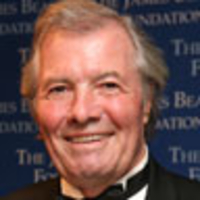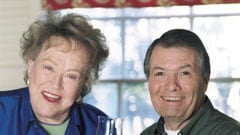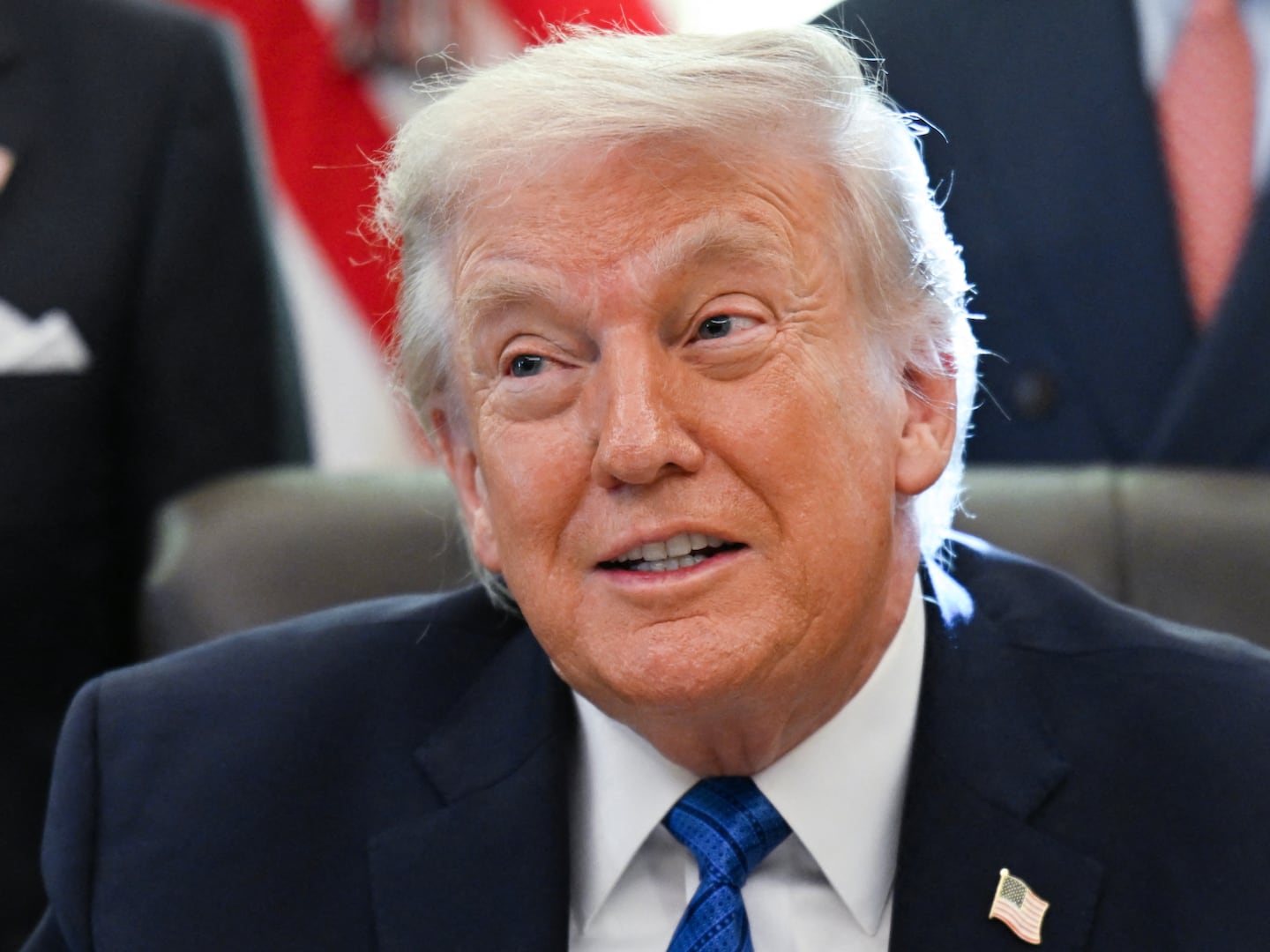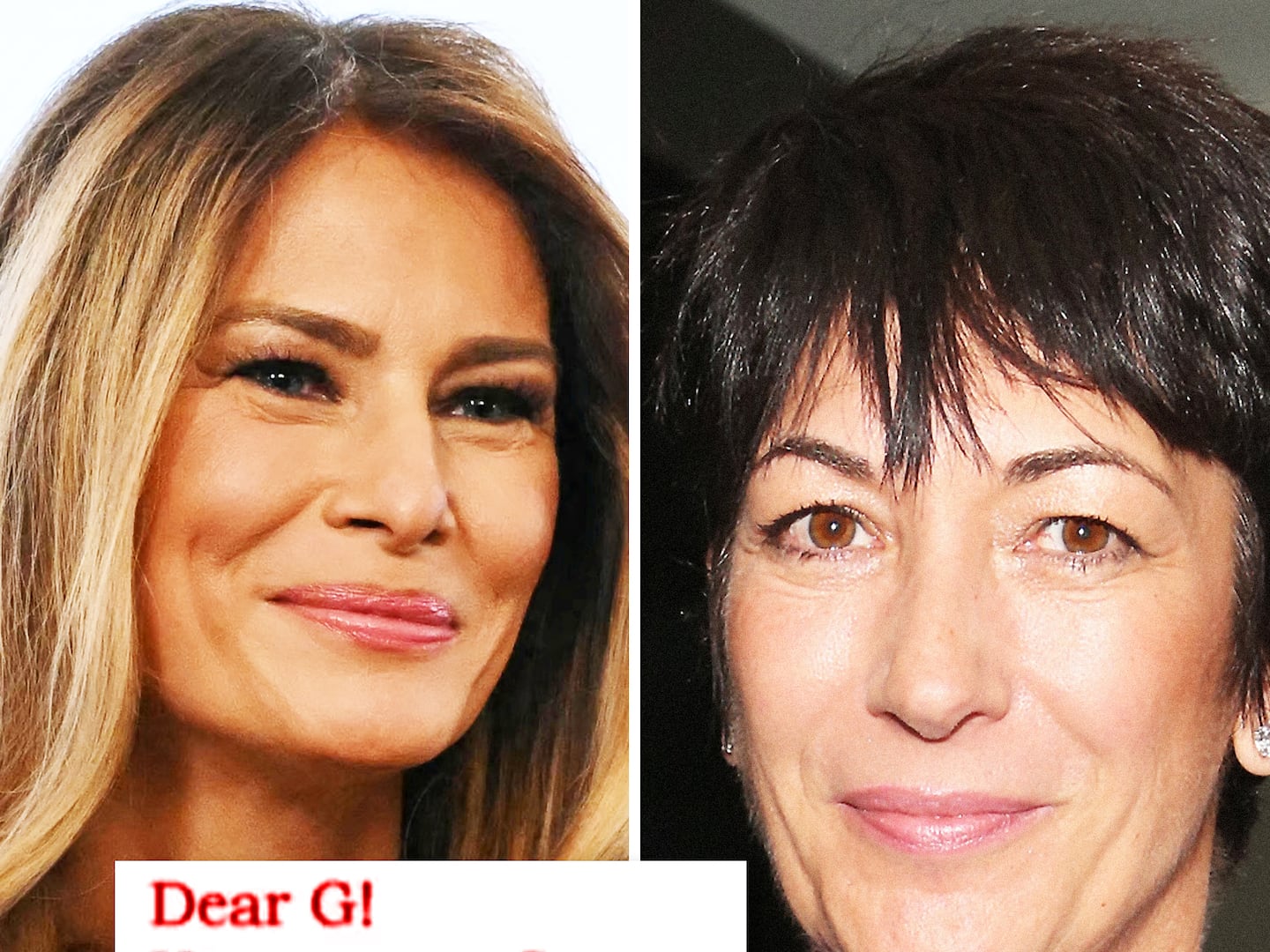
I was cooking in the Midtown Manhattan apartment of Helen McCully in 1960, when Helen, who was then the food editor of McCall's and House Beautiful and conveniently lived right around the corner, walked in waving a cookbook transcript she’d just received. She asked me to take a look. I did, and said I thought it was good. “The author is a Californian, and she's a very big woman with a terrible voice,” said Helen, whom I had met through the New York Times’ legendary Craig Claiborne and who had become my surrogate mother in New York. “She will come here and you'll cook for her.” That was how I met Julia Child.
“The author is a Californian, and she’s a very big woman with a terrible voice. She will come here and you’ll cook for her.”
Julia was unknown at that point; she hadn't done any television yet, and her book was just coming out. She understood French techniques because she had just returned from France. In the '70s, I published my own cookbook, La Technique, which she loved, and in the '80s, I started teaching at Boston University. Whenever I was there, we'd have lunch or dinner. Soon she started teaching at BU, as well, and occasionally we did a cooking demonstration together. She loved teaching. One of our demonstrations at the end of the 1980s became a PBS special called Cooking in Concert, and we taped it in front of 400 people in Boston. A couple of years later, we did another one that was the genesis of Julia and Jacques Cooking at Home, which we filmed at her house in Cambridge. When we did the series, people used to tease that she was more French than me—if we did hamburger, I'd do a completely American version, and hers always had something French about it.
See Julia at Her Unpretentious Best, Talking McDonald's
When I first saw a clip of Julie & Julia, at the James Beard Awards in New York City a couple of months ago, I didn't think I was going to like the movie. For someone to portray Julia, she has to do her voice, and that usually ends up a cliché, and this is what I thought when I heard Meryl Streep’s voice in the preview.
But when I finally saw the full movie a couple of weeks ago, in four or five minutes I forgot about the voice and watched Meryl be Julia, a terrific Julia. I do not think anyone else could have done it as well. The period covered in the movie was a very specific part of Julia's life of course, when she was in Paris and she was writing the Mastering the Art of French Cooking manuscript, which I subsequently read in Helen’s apartment.
The first time I heard about the Julie Powell blog, I was with a good friend of Julia's, Rebecca Alssid, who is the head of the culinary program at Boston University, where Julia and I taught. Julia came up to us and said, "You won’t believe this; there is a woman who is doing a blog on my book, Mastering the Art. She's going to do all those recipes in one year. How silly can that be?" Of course, I enjoyed the portrayal of Julia in France more than the part about Julie Powell because I never met her or read her book, but it was certainly a challenge to make all those recipes in one year.
People loved Julia because she was very straightforward, and she didn't put on any airs, or have any pretension. The first times I did TV with her she'd tell me that I had to lighten up, that I tried to do too many things, and she was right, certainly. We wanted a series that was entertaining and to have a good time, but at but at the end of each show she would ask, "What did they learn?" She taught confidence. And she was inspired by all kinds of people; she could go somewhere where a cook was just beginning, and at the end of the meal she'd ask to meet the cook, and Julia would tell her, "This is really good." She was very helpful and complimentary to newcomers. She would always return a phone call, and she would spend time explaining something.
Sometimes on her show, Cooking with Master Chefs, she was fascinated by the person who was showing her something, but sometimes you can see her eyes glaze over because she didn’t have much interest in the style of cuisine that was portrayed in that show. However, when we filmed our show, she was really involved in cooking her own food. We both brought our lists of things we wanted to make, and in the end she picked about 80 percent of it, which was fine with me. But we did the project backward—we created the dishes on the show, and then we had to pull out the recipes for the cookbook from filming. David Nussbaum was the writer, and had to watch the tapes over and over, ad nauseum, to extrapolate the book. He would be writing, "he said, she said, he said, she said," and then he'd come to us and ask, "Do you remember what you were doing in that show, in that recipe?
The food world used to be very small. When I arrived in America, I was lucky enough to meet Craig Claiborne who had come to Le Pavillon to do a piece on Pierre Franey. And Helen was a good friend of James Beard, with whom she discussed the world of food every day
Then I met Julia. Six months after my arrival in New York, I knew what is considered the “trinity of cooking” today—Craig, James, and Julia. Now it's completely different; the world of food is much bigger. The Food Network has done a lot for our profession, I believe. It made a world that was totally unknown very well known. A little while ago, food professionals were at the bottom of the social scale; now we are “geniuses.” Julia enjoyed the fact that our profession was now recognized, appreciated, and respected, and this is certainly a great part of her legacy.
Plus: Check out Hungry Beast, for more news on the latest restaurants, hot chefs, and tasty recipes.
Jacques Pepin is the author of over a dozen cookbooks, including the groundbreaking La Technique, and has hosted numerous televisions shows, including the Emmy Award-winning Julia and Jacques Cooking at Home with Julia Child.






